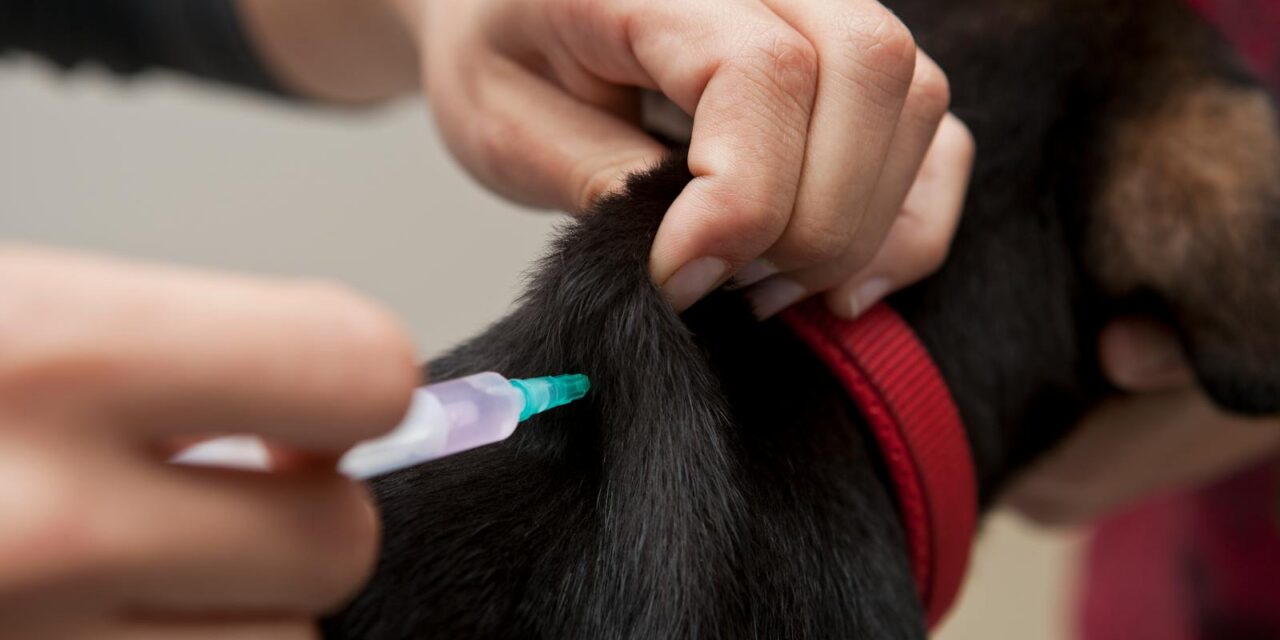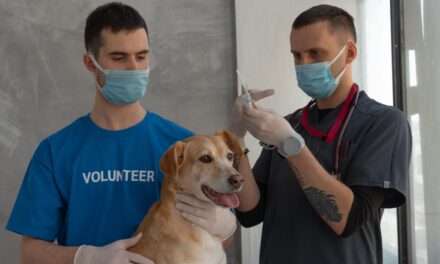The British Veterinary Association (BVA) has issued a response to the Competition and Markets Authority’s (CMA) review of the veterinary sector.
The CMA’s preliminary findings express concerns over information transparency, market competition, and outdated regulatory frameworks in the veterinary services market for pets.
CMA’s Main Concerns
In its initial review, the CMA identified several key concerns:
- Lack of Consumer Information: Consumers might not have sufficient information to make informed choices about veterinary practices or suitable treatments for their pets.
- Concentrated Local Markets: Sector consolidation may be contributing to concentrated local markets, resulting in weak competition in some areas.
- Incentives for Large Corporate Groups: Large corporate veterinary groups may have incentives that limit choice and weaken competition.
- Overpricing of Medicines: Pet owners could be overpaying for medicines or prescriptions.
- Outdated Regulatory Framework: The existing regulatory framework is considered outdated and may no longer be suitable for the evolving veterinary landscape.
BVA President’s Response
Dr. Anna Judson, President of the British Veterinary Association, acknowledges the changing landscape of the veterinary sector and views the CMA’s investigation as an opportunity for reflection. She also addresses the concerns raised by the CMA while advocating for the vital role of veterinary professionals.
Dr. Judson emphasises that while rising prices are a shared concern, it’s essential to recognise the absence of a National Health Service (NHS) equivalent for pets. Vets, whether part of corporate or independent practices, provide specialised care, and the associated costs reflect investments in medical equipment, supplies, medicines, and the time dedicated to each patient.
The BVA welcomes the CMA’s acknowledgment of the need for reform in the outdated Veterinary Surgeons Act and vet practice regulations. Dr. Judson asserts that the current legislation is inadequate and requires updating to better serve both veterinary teams and clients.
She concludes, “It’s really important not to pre-empt the outcome of the CMA’s investigation. When the CMA launched its initial review, vet teams in practice found themselves on the end of really unpleasant, often abusive behaviour, which is unacceptable. It’s important to remember that vets enter this high-pressure profession out of genuine care for animals and will always prioritise their health and welfare.
“We will continue to engage constructively with the CMA by responding to this latest consultation and will continue to play a leadership role in driving positive change for vets and their clients.”








